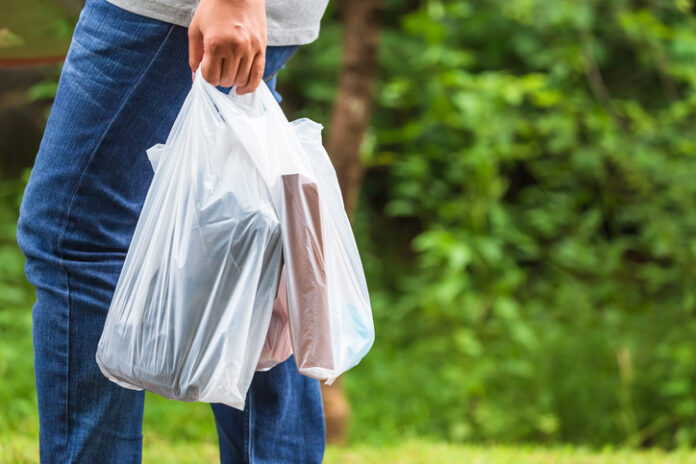By
(The Center Square) – Washington state’s ban on single-use plastic bags goes into effect Friday, almost a year and a half after the law was passed.
The ban applies to retailers, markets, grocery stores and restaurant take-out orders.
When the ban starts, business owners will be able to charge customers eight cents for a paper bag or a reusable plastic bag. The website of the state Department of Ecology, which is overseeing the program, explains that the extra charge is not a tax as businesses will keep the entire amount. The additional charge is meant to help businesses recoup money for buying the more expensive alternatives and also as an incentive for customers to bring their own reusable bags.
The law was originally passed in March of 2020 and was intended to go into effect on Jan. 1 of this year. Supply chain issues related to the coronavirus, however, caused Gov. Jay Inslee to issue a proclamation delaying its start until Oct. 1, 2021.
The bill did include several exemptions, including food banks and other food assistance programs. Other exemptions include plastics used to wrap meat or produce, bags for prescriptions and newspaper and dry cleaning bags.
Some 39 municipalities across the state already have similar bans in place.
Todd Myers, director of the Center for the Environment at the Washington Policy Center, has pointed out several shortcomings with the law.
The first is that reusable bags can be a source for spreading COVID-19, as evidenced by the many grocery stores that have banned them during the pandemic.
Writing on the Washington Policy Center’s blog, Myers noted that a study by the UK Environment Agency found that reusable bags containing cotton have 173 times more “global warming potential” compared to single-use plastic bags. The cotton bags also generate 300 times as much water pollution due to fertilizer runoff.
“Plastic bags are better at reducing resource use – requiring less energy and causing less water pollution – and are reused at higher rates,” he said. “Supporters of a ban focus on low recycling rates because it is the only argument they can make, ignoring other environmental costs.”
On its website, Seattle Public Utilities explains why the city put a similar ban in place in 2012, saying that residents were using 292 million plastic bags each year and that only 13% got recycled.
Ted O’Neil is a contributor to The Center Square.
Originally published by The Center Square. Republished with permission.


























